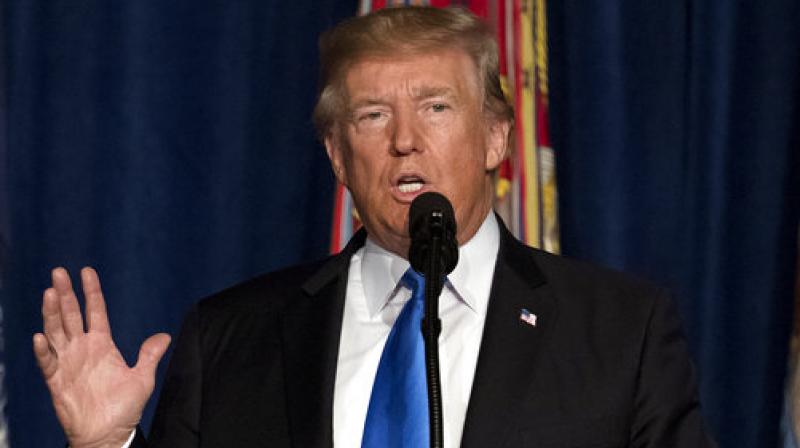US, Kabul ties tense as Taliban talks approach
A close aide to Afghan President Ashraf Ghani sparked a diplomatic spat with the US by offering tough criticism of Washington\'s talks.

Washington: A close aide to Afghan President Ashraf Ghani sparked a diplomatic spat with the United States by offering tough criticism of Washington's talks with the Taliban.
The advisor, Hamdullah Mohib, on Thursday took particular aim at US envoy Zalmay Khalilzad and his personal "ambitions" in Afghanistan. "We don't know what's going on. We don't have the kind of transparency that we should have," Mohib, Afghanistan's national security advisor, told some media during a visit to Washington.
"The last people to find out are us." Mohib was "summoned" by the US undersecretary for political affairs, David Hale, who rejected the comments made by the Afghan official "criticizing the US approach to reconciliation," State Department spokesman Robert Palladino said.
At issue are the direct talks between the US government and Taliban negotiators that began last summer in Doha. The latest round wrapped up Tuesday. After previous rounds of talks, Khalilzad typically travelled to Kabul to brief Afghan officials -- but not this time.
On Tuesday, he came straight back to Washington. That raised hackles in the Afghan capital. Afghan officials are not taking part in the talks, as the Taliban insurgents have consistently refused to sit across the table from members of a government they consider to be a US puppet regime.
Beyond Khalilzad's possible lapse in diplomatic decorum by not briefing Kabul, Mohib lambasted US intentions, in a rare outburst. "We like to hear that progress is made. But what is it?" Mohib said.
"Our understanding is if there is a deal, it's a bad deal." On Tuesday, Khalilzad said "real strides" had been made but no agreement was reached on a timetable for a troop withdrawal.
He spoke of an agreement "in draft" on the issues of counter-terrorism assurances from the Taliban and troop withdrawal, but stressed that nothing was finalized. For his part, Mohib said it was possible that the Taliban were simply trying to gain legitimacy in the eyes of the Americans after more than 17 years of war.
As for Khalilzad, who was born in Afghanistan, Mohib recalled that the US envoy "wanted to run for president twice, in 2009 and 2014."
"Knowing Ambassador Khalilzad's own history, personal history, he has ambitions in Afghanistan," he said.
"The perception in Afghanistan, people in the government think that perhaps, perhaps all this talk is to create a caretaker government of which he will then become the viceroy," Mohib charged.
"He is ostracizing, alienating a very trusted ally and partner."

